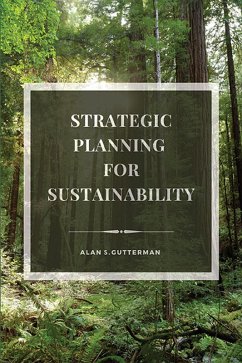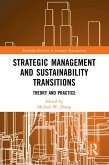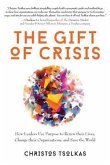This book is a comprehensive guide to the key steps required to strategically approach becoming a successful sustainable business including conducting a CSR assessment, developing a CSR strategy and the accompanying business case, developing and implementing CSR commitments, and measuring the performance and effectiveness of the planning initiative.
Although corporate social responsibility (CSR) has been adopted by many companies, few of them are practicing it with any formal strategy, and the common situation seems to be a portfolio of disparate CSR programs and initiatives, some of which the support core strategy and others of which appear adjacent and discretionary. The diversity of potential CSR initiatives is one issue; however, developing a strategic orientation is complicated by the fact that each company has its own unique set of drivers and motivations for CSR and ideas and responsibilities for those initiatives come from all parts and levels of the organization.
Strategic planning for sustainability is far from easy or precise, if only because it requires that simultaneous consideration be given not only to economic performance and development but also to environmental protection and the social wellbeing of employees and other persons and groups outside of the organization. This book is intended as a comprehensive guide to the key steps required to strategically approach becoming a successful sustainable business including conducting a CSR assessment, developing a CSR strategy and the accompanying business case, developing and implementing CSR commitments, and measuring the performance and effectiveness of the planning initiative.
Although corporate social responsibility (CSR) has been adopted by many companies, few of them are practicing it with any formal strategy, and the common situation seems to be a portfolio of disparate CSR programs and initiatives, some of which the support core strategy and others of which appear adjacent and discretionary. The diversity of potential CSR initiatives is one issue; however, developing a strategic orientation is complicated by the fact that each company has its own unique set of drivers and motivations for CSR and ideas and responsibilities for those initiatives come from all parts and levels of the organization.
Strategic planning for sustainability is far from easy or precise, if only because it requires that simultaneous consideration be given not only to economic performance and development but also to environmental protection and the social wellbeing of employees and other persons and groups outside of the organization. This book is intended as a comprehensive guide to the key steps required to strategically approach becoming a successful sustainable business including conducting a CSR assessment, developing a CSR strategy and the accompanying business case, developing and implementing CSR commitments, and measuring the performance and effectiveness of the planning initiative.
Dieser Download kann aus rechtlichen Gründen nur mit Rechnungsadresse in A, D ausgeliefert werden.









